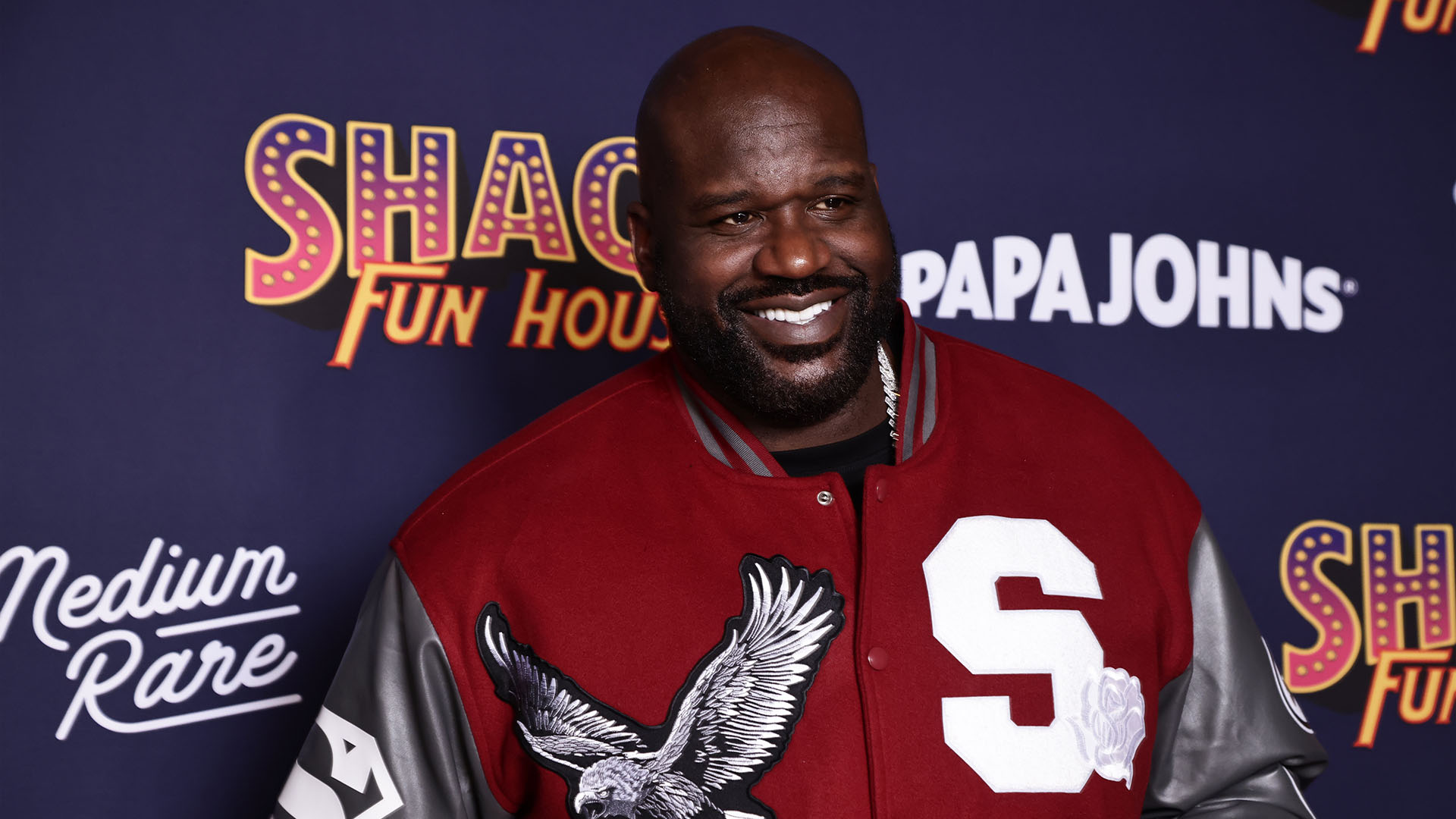Imagine you are featured in Forbes magazine about your rising company, and Shaquille O’Neal comes across the article and wants to support it — that’s the reality for Campus Founder Tade Oyerinde.
“Shaq saw the Forbes article and had his team reach out, and he was just like, ‘This kid raised all this money from these guys.’ He thought it was unbelievable,” Oyerinde recalled to AFROTECH.
As previously reported by AFROTECH, Campus, an accredited online community college startup, raised $29 million in 2023. OpenAI CEO Sam Altman and Discord Founder Jason Citron led the Series A funding round. Other investments include Figma Founder Dylan Field, Former Head of Stripe Lachy Groom, Bloomberg Beta, Founders Fund, Rethink Education, Reach Capital, and Precursor Ventures.
Campus works to help Pell Grant-eligible students graduate from school with no debt and provide students with affordable tuition, esteemed faculty, support coaches, and access to free WiFi and laptops.
Now, O’Neal has joined as an investor in Campus, according to information shared with AFROTECH. The NBA legend and businessman’s investment may come as no surprise as he has been adamant about pursuing higher education.
After securing his first NBA championship, O’Neal returned to Louisiana State University (LSU) in Baton Rouge, LA, to complete his bachelor’s degree. Then, he earned his master’s degree from the University of Phoenix and a doctorate in education from Barry University.
“Education has always been critical for my family — it’s why my mom really pushed me to stay in school at LSU and not go straight to the NBA,” O’Neal shared with AFROTECH in an email interview.
He continued, “But I know that college feels out of reach for many young people. Costs are going up, and having a degree doesn’t mean what it used to in terms of [return on investment] ROI. Personally, if I didn’t get a basketball scholarship, my family wouldn’t have been able to afford college at all. So when I read about what Tade was doing, I was really struck by the vision to create a more affordable and different way to go to college.”
View this post on Instagram
As a child of Nigerian parents, education has also always been a top priority in Oyerinde’s household. While homeschooled in the 1990s, he spent five to six hours a day learning online, which sparked his passion for online learning and shaped him into leading as Campus’ chancellor today.
“The things that I care a lot about are that [online learning] should be social,” Oyerinde told AFROTECH. “You shouldn’t have to be lonely, not make friends, and not talk to people because you’re in online learning. That’s actually why I started the company.”
Back in 2016, Oyerinde shared that Campus started as a software business. However, when he began looking into transforming it into an institution, Oyerinde’s existing investors were on board with the pivot. While numerous people were backing Oyerinde, he says it was still a vast challenge and “extremely complex” to purchase the community college and get regulators to approve the deal.
Nonetheless, Oyerinde has been resilient with Campus’ success, such as O’Neal’s investment. Along with his investment, O’Neal will teach an entrepreneurship course.
“I’m really passionate about financial literacy, entrepreneurship, and giving people the tools they need to build their own future,” O’Neal explained. “Within the first five years of retirement, 75% of professional athletes have no income. They’re flat broke. I took that to heart going into the NBA and spent a lot of time educating myself and pursuing an MBA so that I could make wise decisions with my money. I want to share the lessons I’ve picked up along the way to inspire a new generation of creators and business leaders.”
As Campus continues establishing itself in the education space, Oyerinde emphasized that the focus is building the school’s solid foundation.
What’s more, the online school focuses on the percentage of students graduating from Campus and either transferring to universities and colleges to complete their bachelor’s degrees or securing great jobs after earning their associate’s degrees.
“We’re really focused on making sure the outcomes are where we want them to be,” Oyerinde said. “And then, I think over the next few years, we’re very confident that we can scale up while still delivering those same amazing outcomes long-term. It’s the only thing that matters.”


